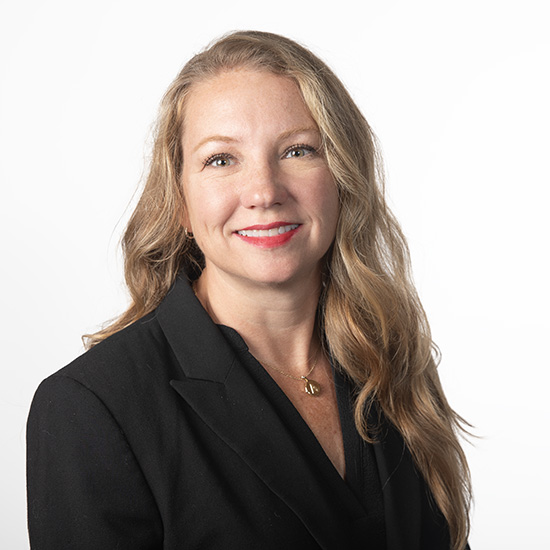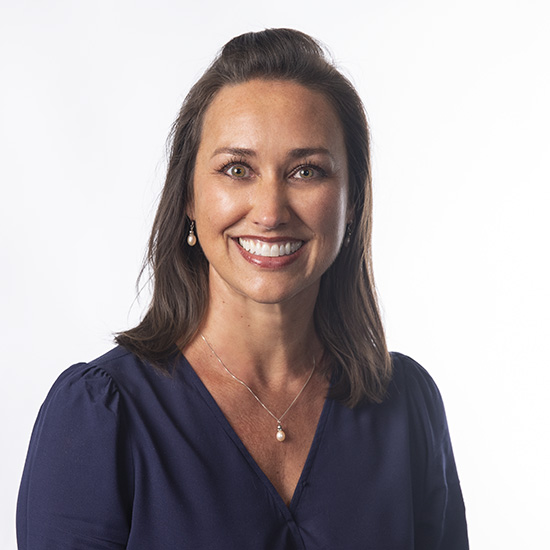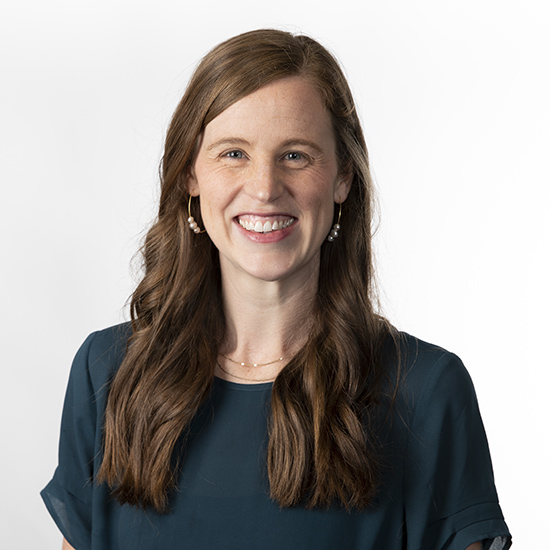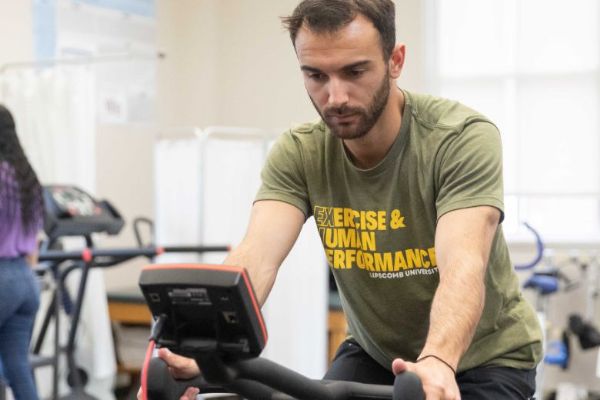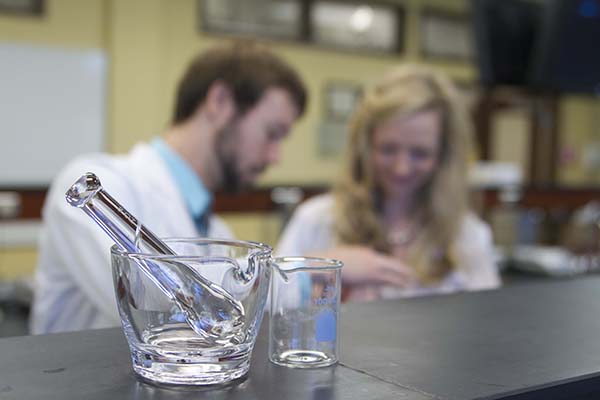Program Overview
Help others adopt a healthier lifestyle through diet and nutrition. Our accredited undergraduate dietetics program is designed to provide a high-quality education with a Christian perspective.
Take courses from a variety of disciplines to gain a holistic, practical knowledge of dietetics. Learn about where food comes from, how its preparation affects its nutritional value and how it is processed by the human body. Apply your skills in community service and engagement.
Study under passionate faculty who are dedicated to your growth and success. Our program is known for its ability to prepare graduates for graduate study and careers in nutrition and dietetics. Once you earn your degree, you could go on to join 100 percent of your peers who were placed into jobs in the field or accepted into graduate programs following completion of the program.
More details on program mission, goals and objectives, program costs, as well as program policies are available in the DPD Student Handbook, linked below.
Admission Requirements
Before being admitted to the dietetics program, a student must be admitted to Lipscomb University and meet the same criteria for admission to Lipscomb as all other students. In addition, a separate admission process is required for students to be admitted to the dietetics program. Applicants seeking admission by transfer must meet all the standards required by the university. The application deadline is the Friday of the third week of the semester prior to expected entrance into the program. Applicants will be notified of the status of their application by email prior to preregistration.
Students interested in pursuing an ACEND Verification statement from the Lipscomb University DPD will be required to complete an application process. It is the student’s responsibility to collect and prepare all forms, applications and credentials; and to submit them to the DPD director. Fulfillment of specific requirements does not ensure admission into the program.
Students must have completed ALL of the following requirements to be eligible to submit an admission application:
- Applicants must have completed at least 21 hours of prerequisite coursework. Each course may be repeated one time. The specific courses are:
- NUTR 1011 Professional Orientation
- NUTR 2613 Principles of Nutrition
- NUTR 1213 Basic Foods
- CM 1013 Intro to Chemistry, CM 1023 Intro to Organic Chemistry
- BY 2434, 2444 Anatomy and Physiology I and II
- A student must earn a “B” or higher in the 7 hours of NUTR courses
- A student must earn a “C” or higher in the 14 hours of chemistry and biology courses
- Must have a minimum cumulative GPA of 3.0 at the time of admission to the DPD program
- A student must maintain a “C” average in any specific course required for the dietetics degree
- Complete the application.
- Attach unofficial transcripts of all university coursework; official transcripts must be received by the Lipscomb University Records office prior to admission to the program.
- Return the completed application to Autumn Marshall, Chair of the Department of Nutrition and Kinesiology.
For questions related to the admission process for entry into the DPD program, please contact Autumn Marshall.
Student to faculty ratio
Dietetic internship acceptance rate
Our Faculty
Career Paths
Dietitians and Nutritionists
Dietitians and nutritionists are experts in the use of food and nutrition to promote health and manage disease. They advise people on what to eat in order to lead a healthy lifestyle or achieve a specific health-related goal.
Health Educators and Community Health Workers
Health educators teach people about behaviors that promote wellness. They develop and implement strategies to improve the health of individuals and communities. Community health workers collect data and discuss health concerns with members of specific populations or communities..
Medical and Health Services Managers
Medical and health services managers, also called healthcare executives or healthcare administrators, plan, direct, and coordinate medical and health services. They might manage an entire facility, a specific clinical area or department, or a medical practice for a group of physicians. Medical and health services managers must direct changes that conform to changes in healthcare laws, regulations, and technology.

